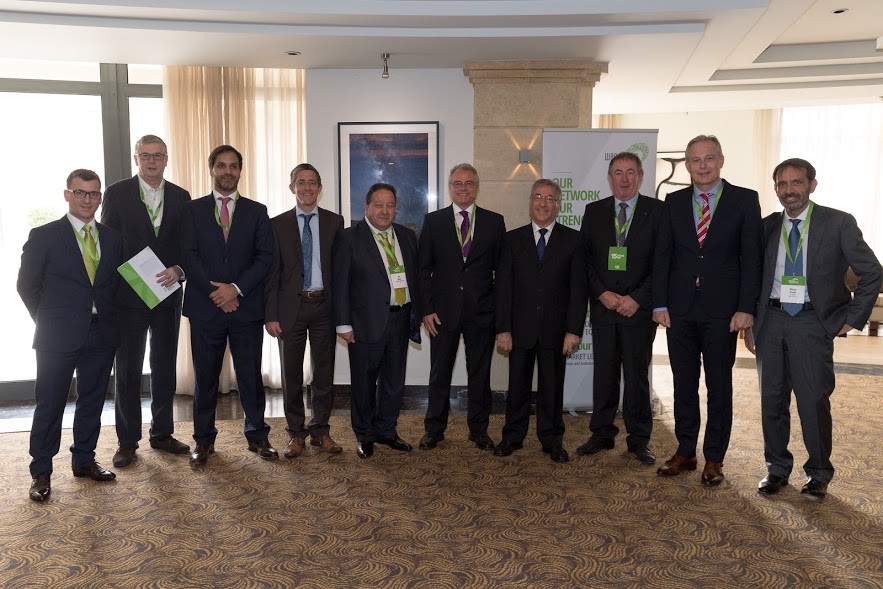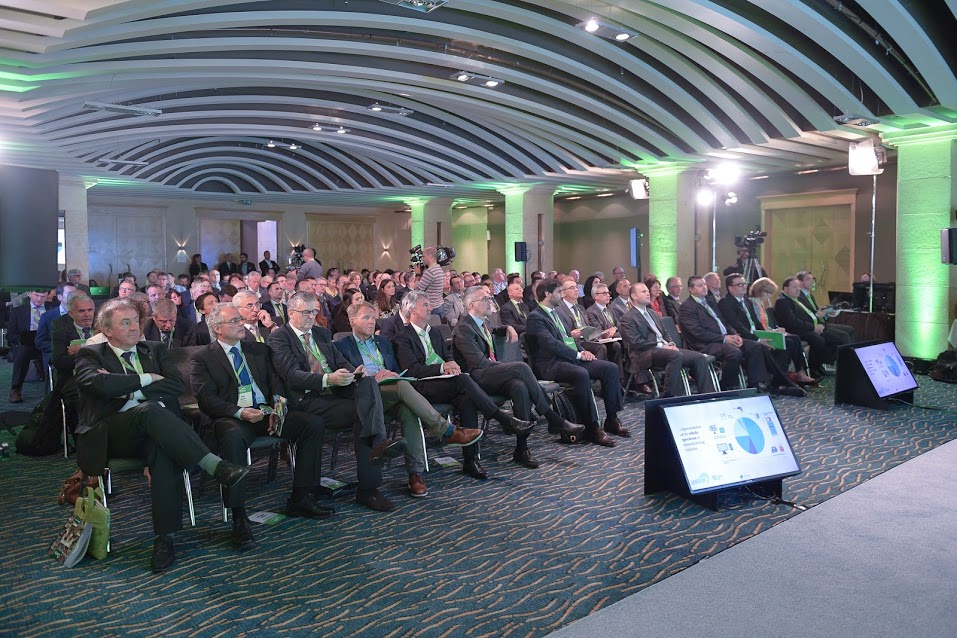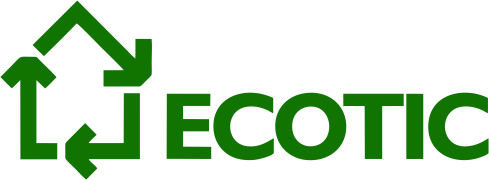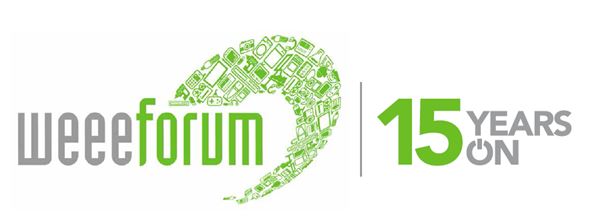On the occasion of the fifth International Conference, hosted by WEEE Malta, WEEE Forum celebrated 15 years of activity and presented its vision for ensuring an efficient and sustainable future in the field of waste collection and recycling of electrical and electronic equipment. Cooperation between all interested partners will be the key to achieving the proposed ambitious collection targets. 
WEEE Forum is the voice  thirty-one responsibility transfer organizations (OTRs) in Europe and Australasia. Mandated by 31.000 manufacturers of electrical and electronic equipment to collect, recycle and capitalize at the highest standards 17 million tons of WEEE, OTRs have contributed to the development of a more resource-efficient and sustainable European economy.
thirty-one responsibility transfer organizations (OTRs) in Europe and Australasia. Mandated by 31.000 manufacturers of electrical and electronic equipment to collect, recycle and capitalize at the highest standards 17 million tons of WEEE, OTRs have contributed to the development of a more resource-efficient and sustainable European economy.
Jan Vlak, President of the WEEE Forum, says: "The collection target for 2019 of 65% of equipment sold or 85% of WEEE generated will be extremely difficult for almost all Member States to achieve if we fail to encourage cooperation between all stakeholders, let's take into account all WEEE and improve law enforcement. "
Karmenu Vella, Commissioner for the Environment of the European Commission said at the opening of the conference: “Waste electrical and electronic equipment is a classic example of why recycling is worthwhile; it is worthwhile for the environment, for industry and for jobs. ” The commissioner continued: "This industry is a very good example to show why we need to move from waste management to resource management and why we need to find solutions for a circular economy."
said at the opening of the conference: “Waste electrical and electronic equipment is a classic example of why recycling is worthwhile; it is worthwhile for the environment, for industry and for jobs. ” The commissioner continued: "This industry is a very good example to show why we need to move from waste management to resource management and why we need to find solutions for a circular economy."
"Manufacturers accept the need to fund decommissioning costs, but they need to have the authority to manage and control those costs," added Philip Morton, Vice President of WEEE Forum. "Legislation must ensure that producers' responsibilities and costs are clear and that they have a legal right to approve WEEE collection points, collectors and recyclers."
"All EU Member States must follow the example of the Netherlands, Belgium, Ireland, Lithuania and France and transpose EN 50625 into national legislation on WEEE collection, logistics and treatment," said Pascal Leroy, Secretary General, WEEE Forum.
The two days of the conference brought together accountability organizations, recyclers, manufacturers and other partners who discussed three important topics: Digitization and Innovation, Circular Economy and Resource Efficiency and Extended Producer Responsibility.
For the past 15 years, WEEE Forum member transfer organizations have worked to turn the principle of extended producer responsibility into a pragmatic and efficient approach to shaping WEEE policies. They complied with the recommendations of the WEEE Directive on behalf of the members.
WEEE Forum will continue to play an important role in the progress towards a circular economy and will highlight both the achievements and issues of major interest on the market of waste electrical and electronic equipment.
More information: www.weee2017.com

